Vaccine misinformation: a lasting side effect from Covid
Anti-vaccine influencers now spreading other conspiracy theories, including climate change denying content
AFP
News Agency Partner
AFP is a renowned international news agency, delivering comprehensive and reliable reporting on global events, trends, and issues.
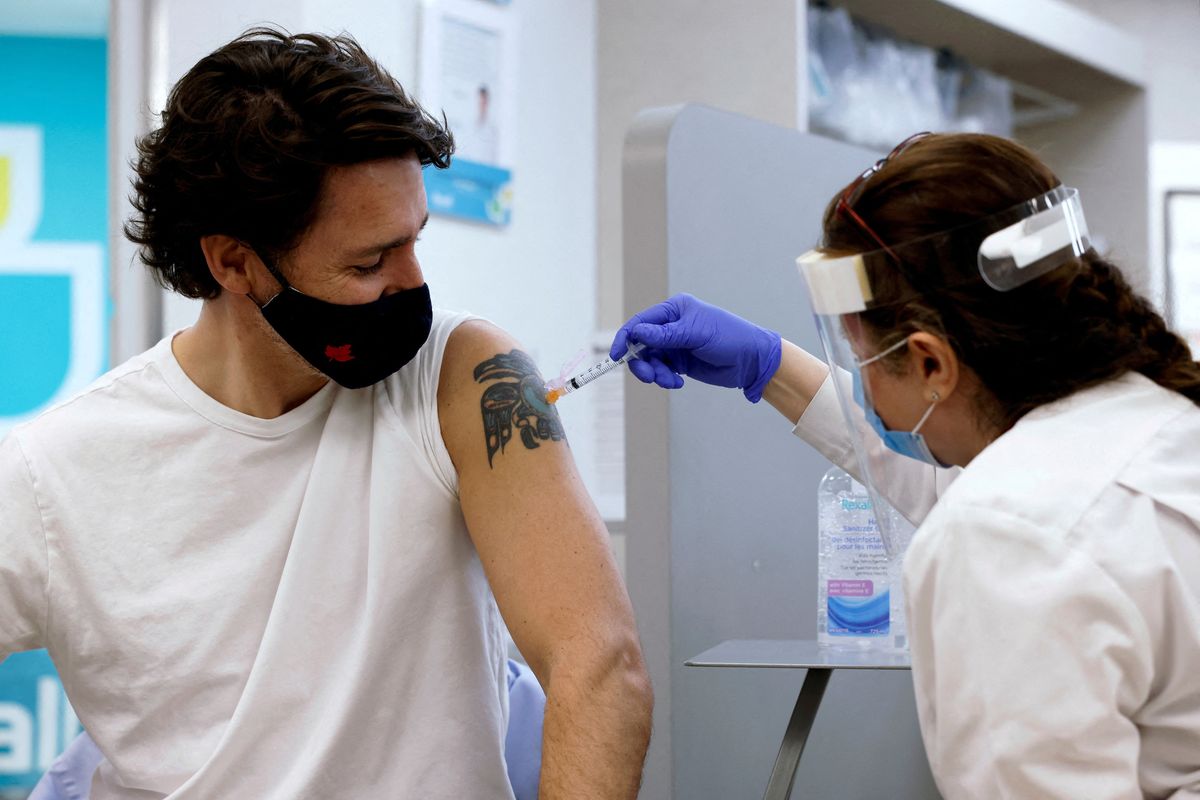
Canada's Prime Minister Justin Trudeau is inoculated with AstraZeneca's vaccine against coronavirus disease (COVID-19) at a pharmacy in Ottawa, Ontario, Canada April 23, 2021.
Reuters
Covid-19 transformed anti-vaccine activism from niche movement into broad political force
RFK Jr.'s social media accounts led surge in vaccine misinformation during pandemic
Health experts fear vaccine hesitancy could hamper response to future pandemics
A fringe anti-vaccine movement took advantage of the Covid-19 pandemic to bring conspiracy theories to a much wider audience, propelling dangerous misinformation about life-saving jabs that still endures five years later, experts warn.
Vaccine skepticism was around long before Covid but the pandemic "served as an accelerant, helping to turn a niche movement into a more powerful force," according to a 2023 paper in The Lancet journal.
The pandemic also marked a change in strategy by anti-vaxxers, who previously targeted parents because children routinely received the most jabs.
But when next-generation vaccines were developed in record time to help bring Covid under control, mandatory vaccination was introduced for adults in many countries.
Vaccine skepticism suddenly had a much larger audience, bringing together people across swathes of the political spectrum.
"During this period, we observed several bubbles with normally well-defined borders converge towards anti-vaccine beliefs," said Romy Sauvayre, a French sociologist specializing in vaccine hesitancy.
Covid-19 misinformation 'about trust'
The pandemic saw conspiracy theorists, "alternative medicine" enthusiasts, politicians and even some doctors and researchers make or amplify false information about vaccines or Covid.
This was seen during the pandemic, when protests proliferated against mandatory vaccination and lockdown measures.
One example was hydroxychloroquine, which controversial French researcher Didier Raoult claimed could cure Covid, in an initial study that was recently retracted.
Donald Trump, who was US president at the time and will be inaugurated again on Monday, was among those who then promoted the drug.
"Behind these sometimes quite radical media doctors, there are broader issues of trust in health authorities," said sociologist Jeremy Ward, who has studied vaccination in France since 2020.
Beyond concerns about health, "this movement has mainly been structured around the defense of individual freedom", said Jocelyn Raude, a researcher in health psychology.
The anti-vaccine movement found particularly fertile ground on the far-right, with some proponents reaching the highest rungs of power.
Social media spread false claims
The Center for Countering Digital Hate named RFK Jr. and his anti-vaccine group Children's Health Defense -- from which Kennedy has temporarily withdrawn -- among its "disinformation dozen" of leading online anti-vaxxers.
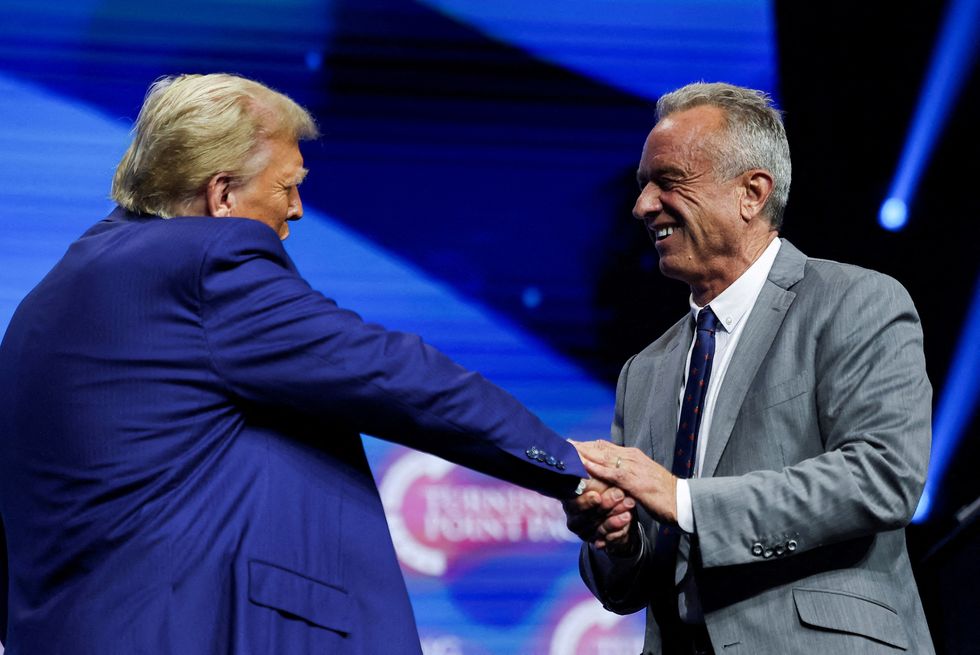
Callum Hood, the center's head of research, said Kennedy's "accounts were some of the fastest growing anti-vaccine accounts during the pandemic", reaching an audience of millions.
Noel Brewer, a public health professor at the University of North Carolina and one of the authors of The Lancet study, said that "social media has been the backbone of vaccine misinformation efforts".
"Some researchers believe that repeated exposure to false information can cause people to not get vaccinated, while others believe the effect is relatively weak because it would only allow them to justify pre-existing vaccine hesitancy," said Raude.
Meg Schaeffer, an epidemiologist at the SAS Institute, told AFP that "misinformation around Covid" was driving down overall vaccination rates in the United States, including for long-conquered measles.
"The result is hundreds of cases of measles in kids, half of whom are hospitalized -- that's something we never used to see in the US," she said.
'Driving force is anti-system sentiment'
With fears rising about the potential threat of bird flu to spark a mass outbreak in humans, there are also concerns that vaccine hesitancy could inhibit the world's ability to fend off another pandemic.
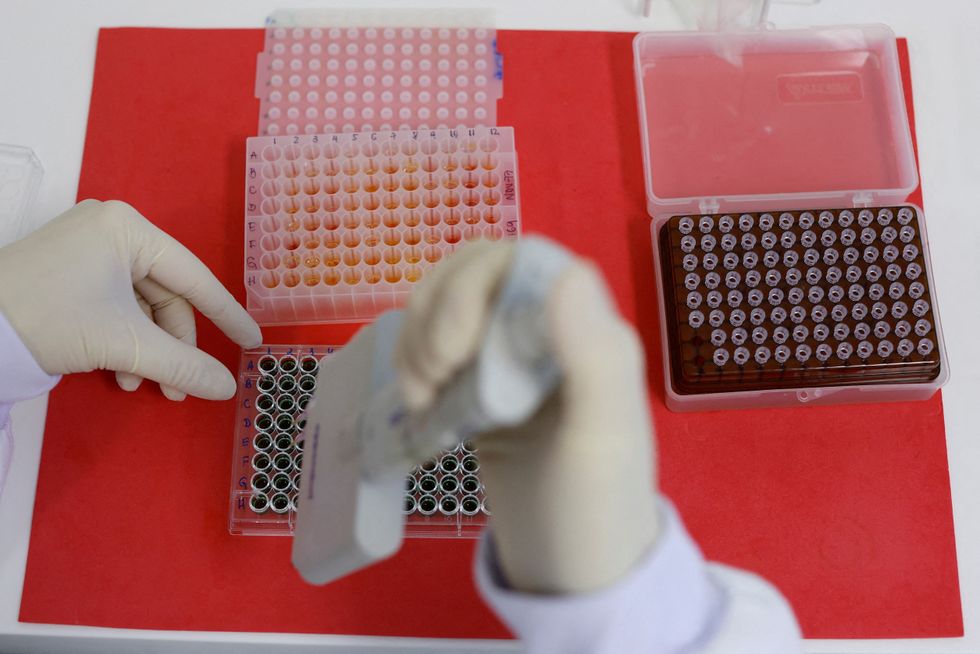
"If we would for instance be confronted with a pandemic in the near future, we would have major issues with the use of vaccines because of that," Dutch virologist Marion Koopmans told AFP.
With the world largely turning its attention away from Covid, some anti-vaxx influencers have been pivoting to other conspiracy theories.
"These same accounts now share content that is pro-Russian or skeptical about climate change," said Laurent Cordonier, a sociologist at the Descartes Foundation.
While these subjects may not seem connected, "the driving force is anti-system sentiment", he added.






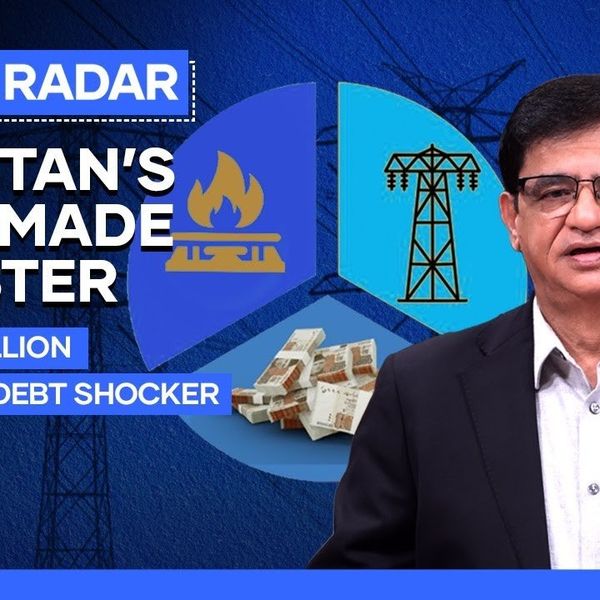
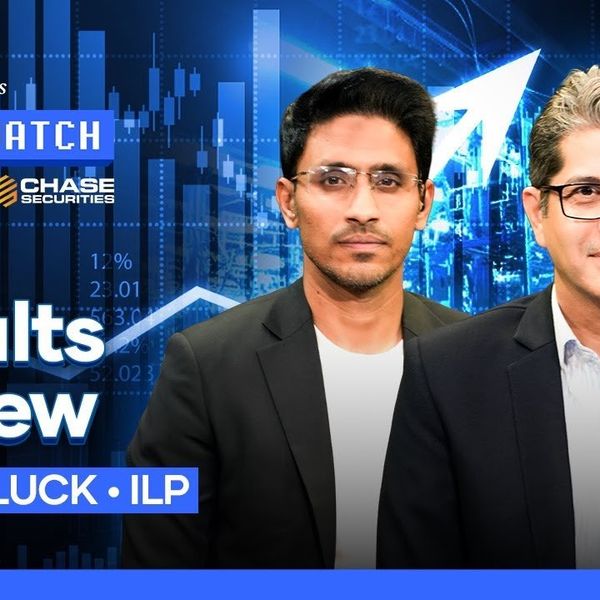


Comments
See what people are discussing